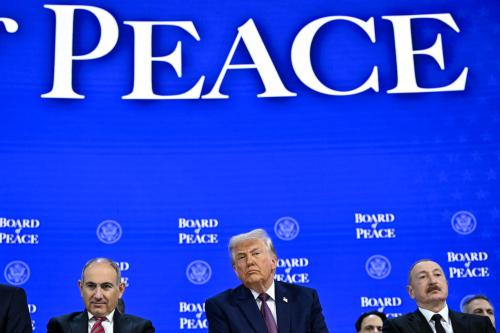Afghan President Hamid Karzai is “shrewd” but also “paranoid,” “weak” and “self-conscious.” So have written American diplomats in Kabul, according to cables released by WikiLeaks, underscoring the importance of strengthening the relationship between the United States and Mr. Karzai. More important, however—or at least more promising—is cultivating the Afghan political institutions and leaders that should come after him.
The first imperative is to make sure that Mr. Karzai relinquishes power in 2014, when he reaches the constitutional limit of two full presidential terms. That’s vital, even if we recognize his admirable qualities and the practical limits on his power in a weak state like Afghanistan.
Prudence requires that we assume Mr. Karzai will seek to change the constitution or otherwise manipulate the electoral and legal process to stay in office. He could declare martial law and suspend future elections. He could seek a peace deal with insurgents that happens to choose him as the compromise candidate under a future modified constitution. He could even consider a military coup. Any of these options would badly harm Afghanistan.
Read the full article at online.wsj.com »
*subscription required
The Brookings Institution is committed to quality, independence, and impact.
We are supported by a diverse array of funders. In line with our values and policies, each Brookings publication represents the sole views of its author(s).



Commentary
Op-edPreparing for the Post-Karzai Future
December 13, 2010